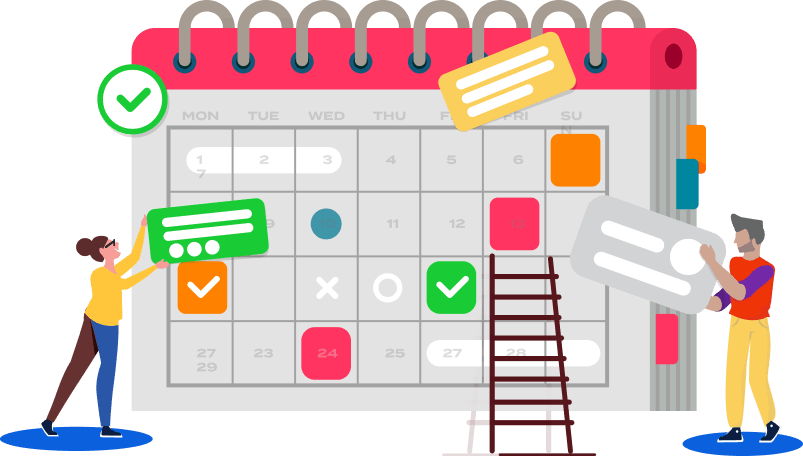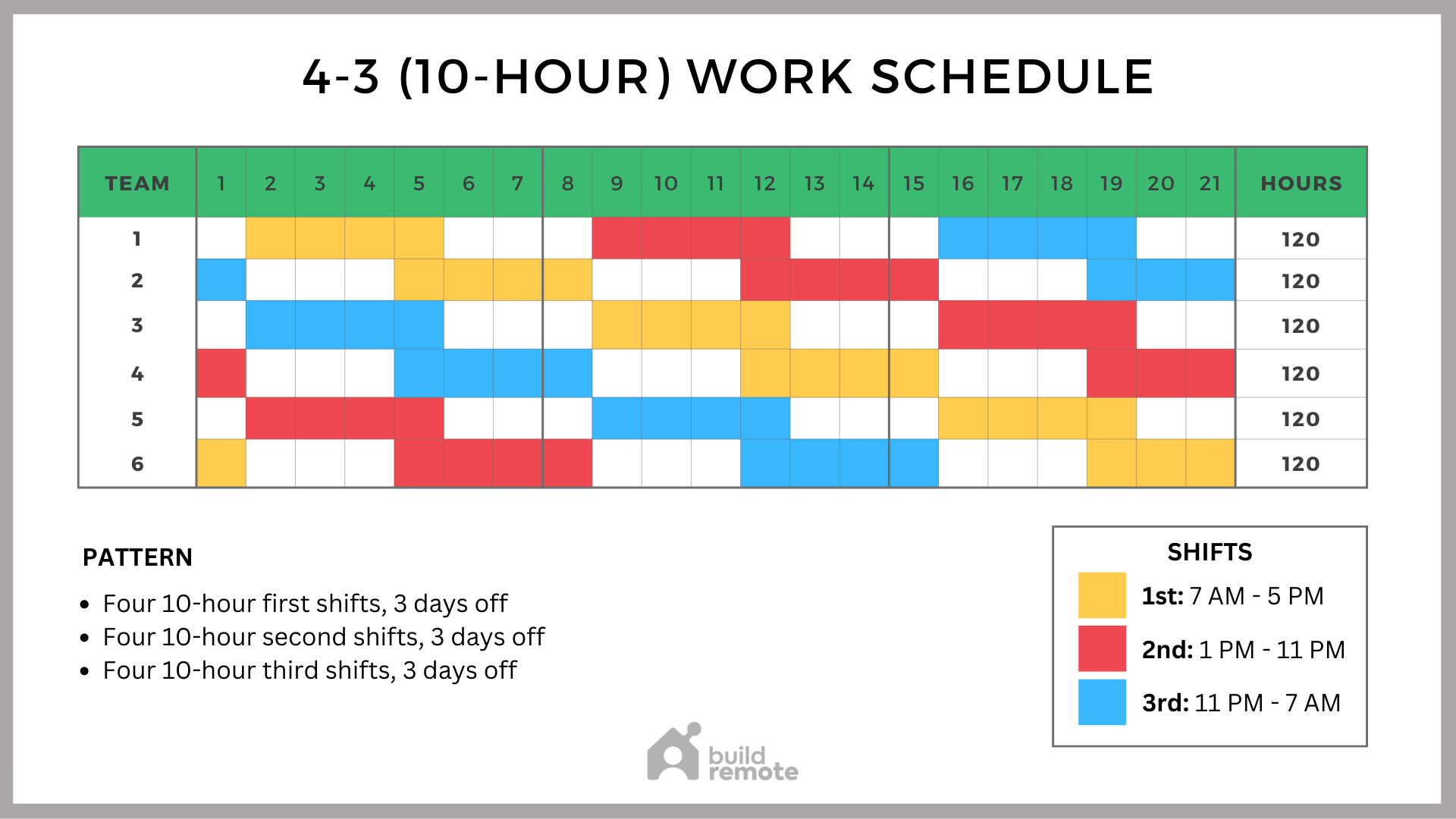For many sports fans, the arrival of a new season brings with it a special kind of excitement, and a big part of that feeling comes from seeing the full calendar of games. That's the schedule liga we often talk about, the organized list of upcoming matches that shapes how we follow our favorite teams. It's not just a simple list of dates and times, you know; it's a carefully put together plan that lets us know exactly when our teams will play, who they'll face, and where the action will happen. This planning is a bit like setting up your own year, making sure you don't miss out on important moments.
Keeping track of all the games, especially when there are many competitions running at once, can feel like a bit of a challenge. You want to be sure you catch every important moment, every big game, and every chance to support your team. It's almost like having a personal calendar for all the sporting events that matter to you. Understanding how these schedules come together and how to use them to your advantage is pretty helpful for any true supporter.
So, whether you're a casual viewer who just wants to catch the big games or a dedicated follower who plans their whole week around match days, getting a good grasp on the schedule liga is really a key part of enjoying the sport. It helps you organize your viewing, and frankly, it makes the whole experience much more fun and less about guessing when things are happening.
Table of Contents
- What is the Schedule Liga?
- How Are League Schedules Made?
- Getting Your Hands on the Schedule
- Making the Most of Your Viewing
- The Future of Schedule Liga
- Frequently Asked Questions About Liga Schedules
What is the Schedule Liga?
When we talk about the schedule liga, we're simply referring to the complete list of planned matches for a sports league. This list shows the dates and times when each game will take place. It's very much like any other program or plan of activities, detailing what needs to be done and when. For fans, it's the ultimate guide to the season, a way to map out their commitment to watching their favorite teams play.
This schedule is, you know, a very important document for everyone involved. It helps teams prepare for their opponents, it guides broadcasters on when to air games, and it allows fans to clear their own calendars. It's a procedural plan that really indicates the time and sequence of each operation, which in this case means every single match.
A league schedule, in a way, is a detailed blueprint for the entire competitive year. It helps avoid conflicts and ensures fairness in how teams play each other. So, it's pretty much the backbone of any organized sports competition, making sure everything runs smoothly from start to finish.
How Are League Schedules Made?
Creating a league schedule is a rather involved process, a bit more than just picking dates out of a hat. It requires a lot of careful thought and planning, taking into account many different factors. You see, it's about much more than just pairing teams together; it's about making sure the whole season makes sense for everyone.
League organizers need to consider things like team travel, stadium availability, broadcast rights, and even other competitions that teams might be involved in. It's a complex puzzle, really, where every piece has to fit just right. This kind of work is very similar to how businesses design custom schedule templates to manage their big projects.
They often use specialized software, or perhaps even powerful spreadsheets, to help them put these plans together. This allows them to set schedules by the month, by the day, and even down to the hour for each game. It's a precise task, making sure that every team gets a fair shake and that the season flows well.
The Procedural Plan
At its core, a league schedule is a procedural plan. It's a written document that outlines a proposed objective, which is, of course, a full season of matches. This plan pays close attention to the sequence of events and the time allotted for each item or operation necessary to its completion. It's like a very detailed itinerary for the entire competition.
For instance, they have to figure out home and away games, making sure teams don't have too many long trips in a row. They also need to balance out the big rivalry games throughout the season, so fans have something exciting to look forward to regularly. This attention to detail is, you know, what makes the schedule work.
This planning also involves setting up specific rules for how games are spaced out, perhaps ensuring teams have enough rest between matches. It's a way of making sure the competition is fair and that player welfare is considered. Basically, it's about creating a fair and playable setup for everyone.
Managing Complex Timelines
Sometimes, leagues have to deal with unique situations that affect the usual flow of games. For example, a separate schedule might be announced and used during special times, like a busy carnival season in some places, or perhaps for international breaks. This is very similar to how a Saturday schedule might operate on certain holidays.
These adjustments show just how versatile schedule makers need to be. They are the key to organized days, even when unexpected events pop up. It means they can adapt the plan without completely throwing everything off course, which is pretty clever.
Consider how a big event like the Mardi Gras parade schedule is put together, with specific routes and times for each parade. A league schedule has a similar level of complexity, accounting for various teams, venues, and travel routes across the entire league. It's about keeping a lot of moving parts in sync, so, you know, it's a big job.
Getting Your Hands on the Schedule
Once the league schedule is ready, getting access to it is usually quite simple. Most leagues make their schedules widely available online, often on their official websites or through popular sports news outlets. You can often create printable and downloadable schedules in minutes, which is super convenient for fans.
Many sports apps and websites also let you sync the schedule liga directly to your personal calendar. This means you get reminders for upcoming matches, which is really helpful if you have a busy life. It's like having your own personal assistant for all things related to your favorite sport.
Keeping a printed version nearby can also be a good idea, especially for those who like to mark off games as they happen. This helps you track progress through the season and see what's coming up next. It's a straightforward way to stay informed, and frankly, it's pretty satisfying to cross off each game.
Making the Most of Your Viewing
Having the schedule liga at your fingertips allows you to plan your viewing experience much better. You can set aside specific times in your week to watch games, just like you would for important meetings or personal routines. This makes sure you don't accidentally miss a crucial match, which would be a shame.
You can even use the schedule to plan gatherings with friends and family for big games. Knowing the times and dates well in advance means you can coordinate with everyone and make an event out of it. It's a really good way to share the excitement of the sport with others.
For those who follow multiple leagues or sports, the schedule becomes an even more important tool. It helps you avoid conflicts and prioritize which games to watch live and which ones to catch up on later. This kind of organization is, you know, a big part of being a dedicated fan.
You can even design custom schedule templates for your own viewing habits, using a simple spreadsheet program. This lets you highlight key matches, add notes about specific players, or track your team's progress. It's a pretty neat way to personalize your sports following.
The Future of Schedule Liga
The way league schedules are created and shared keeps getting better, you know. With more advanced technology, we might see even more dynamic schedules that can adapt quickly to unforeseen events, like bad weather or other issues. This would make things even smoother for everyone involved.
We could also see more personalized schedules for fans, where you only see the games that matter most to you, perhaps based on your favorite teams or players. This would make keeping up with the action even easier and more tailored to individual interests. It's almost like having a custom news feed just for your sports.
As the sport grows, the demand for clear, accessible schedules will only increase. Leagues will continue to refine their methods for putting these plans together, ensuring that fans always have the best possible access to the information they need to follow the game they love. It's a pretty exciting prospect for the future of sports viewing. For more information on sports schedules and how they are managed, you might find this resource helpful: Sporting News.
Frequently Asked Questions About Liga Schedules
How far in advance is the schedule liga usually released?
Typically, a league schedule is released a few weeks or even a couple of months before the season starts. This gives teams and fans enough time to make their plans. It's pretty helpful for everyone to have that lead time, as a matter of fact.
Can the schedule liga change after it's announced?
Yes, sometimes the schedule can change. This might happen due to unforeseen circumstances like bad weather, stadium availability issues, or if a team progresses far in another competition. Leagues try to avoid this, but it does happen sometimes, you know.
Where is the best place to find the official schedule liga?
The most reliable place to find the official schedule is usually the league's own website. Major sports news outlets and official team websites also provide accurate and up-to-date information. It's always good to check a trusted source, you know, just to be sure.



